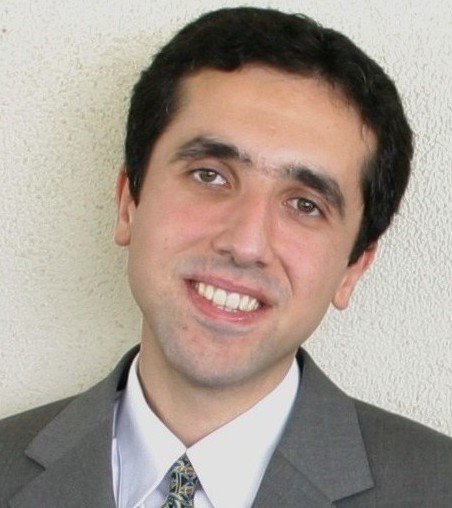The silence is full of unexpressed words...

دلتنگی های آدمی را
باد ، ترانه ای می خواند
رویاهایش را آسمان پرستاره نادیده می گیرد
وهردانه ی برفی به اشکی نریخته می ماند
سکوت
سرشارازسخنان ناگفته است
ازحرکات ناکرده
وشگفتی های به زبان نیامده
دراین سکوت حقیقت ما نهفته است
حقیقت تو
ومن
٭٭٭
پس ازسفرهای بسیار
وعبورازفراز وفرود امواج این دریای طوفان خیز
برآنم
که درکنارتولنگرافکنم
سکان رهاکنم
به خلوت لنگرگاهت درآیم و
درکنارت پهلوگیرم
آغوشت رابازیابم
استواری امن زمین را
زیرپای خویش
٭٭٭
ازکسی نمی پرسند
جه هنگام می تواند خدانگهدار بگوید
ازعادات انسانیش نمی پرسند ، ازخویشتنش نمی پرسند
زمانی به ناگاه
باید با آن رودرروی درآید
تاب آرد
بپذیرد
وداع را
درد مرگ را
فروریختن را
تا دیگربار
بتواند که برخیزد
٭٭٭
گذشته می گذرد
حال ،طماع است
آینده هجوم می آورد
برگذشته چیره شو
حال را داوری کن
وآینده را بیاغاز
٭٭٭
وقتی که مرگ مارا برباید
- تورا و مرا-
نباید که درپایان راهمان
علامت سوالی برجای بماند
تنها نقطه ای ساده
همین وبس
چرا که ما
درحیات کوتاه خویش
فرصت های بی شماری داریم
که دریابیمشان










